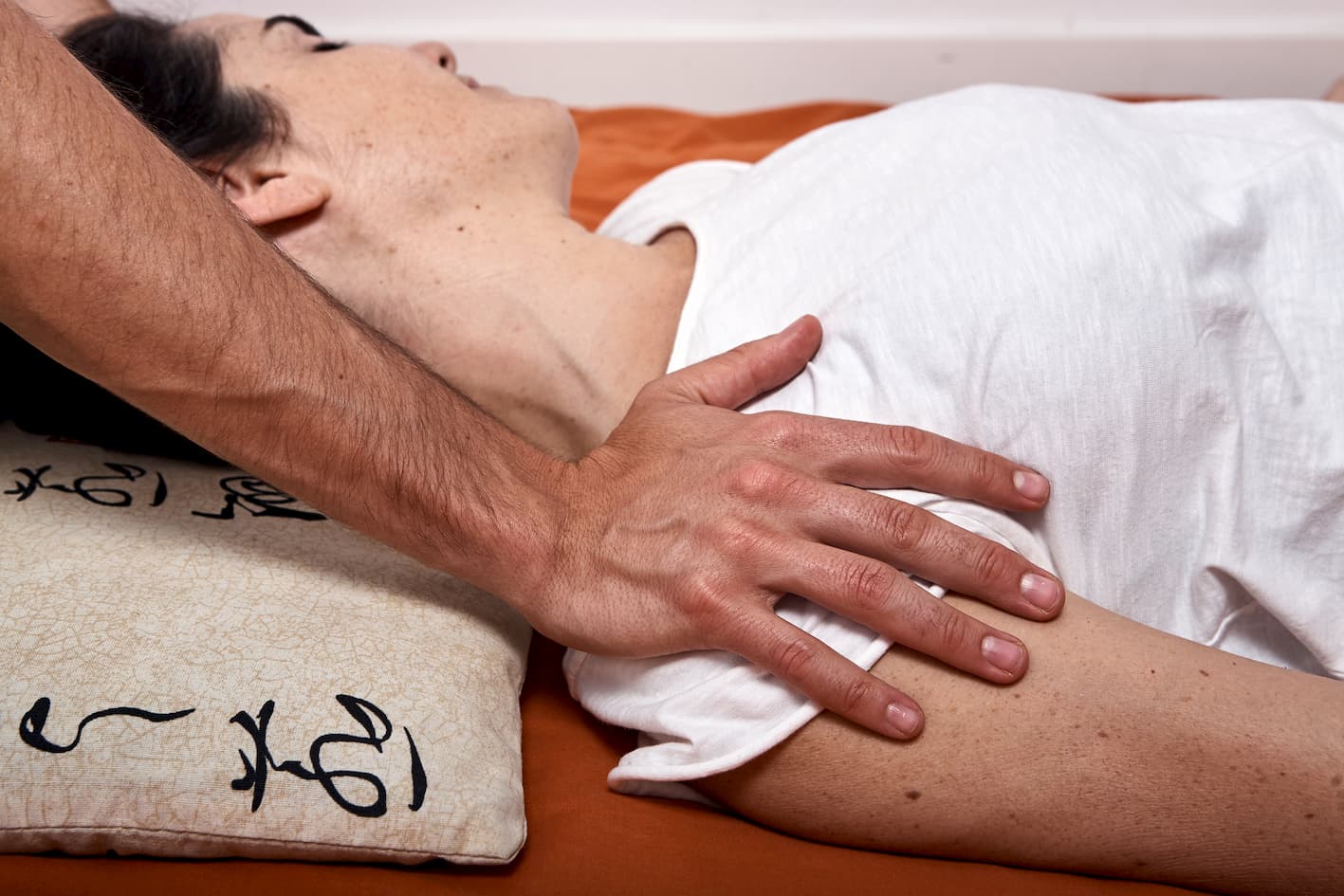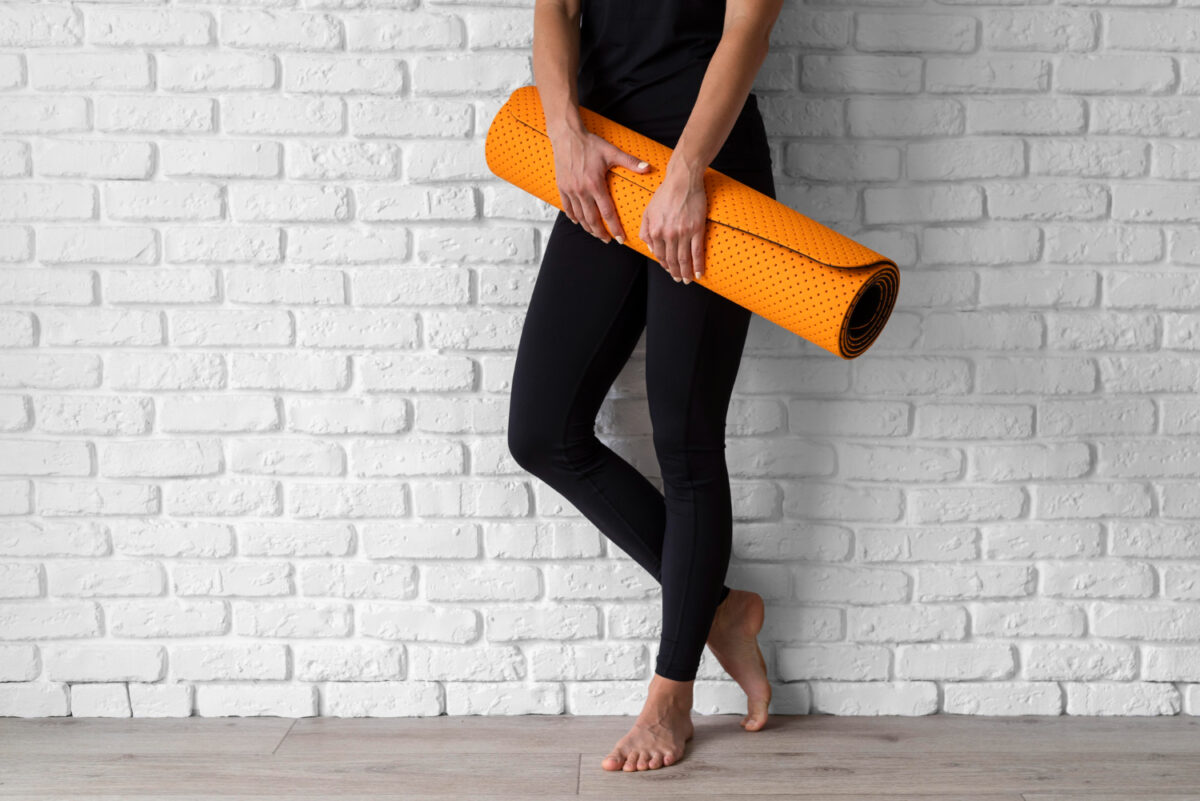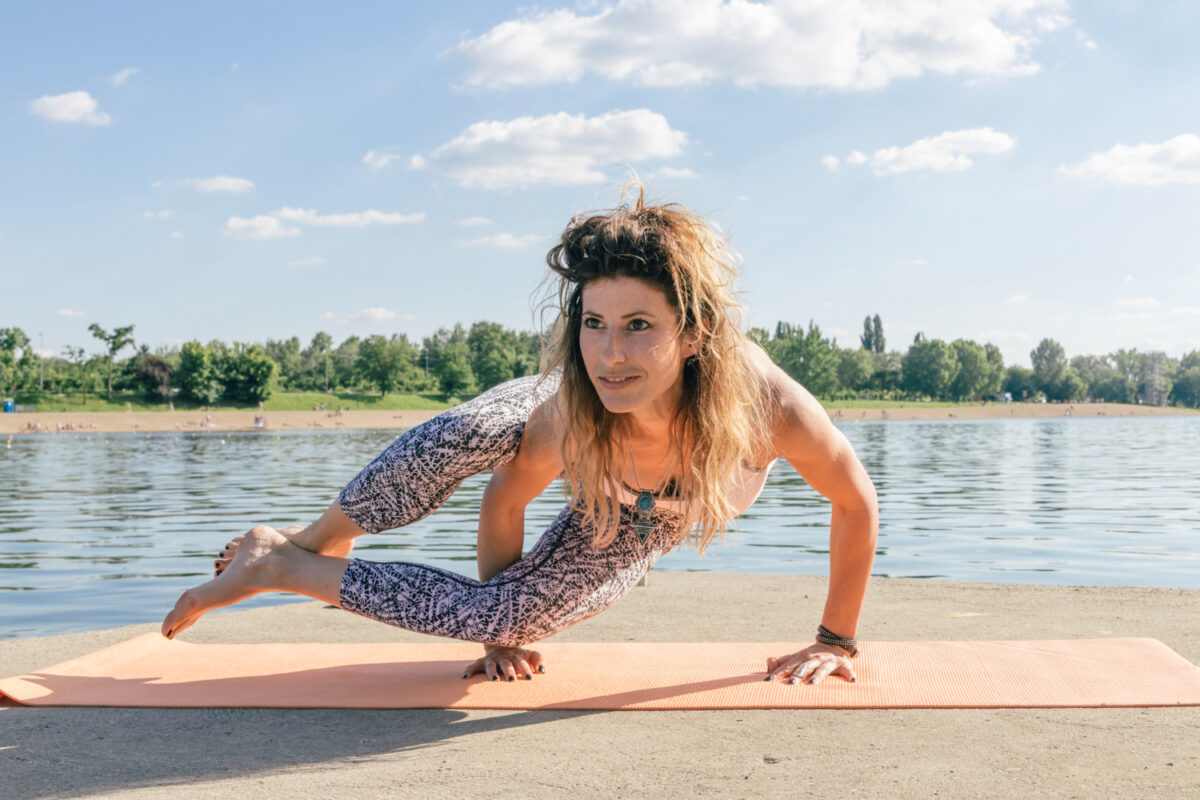In an eminently pragmatic context like the one we live in our society, knowing the usefulness of things is essential for someone to decide to invest energy in any activity.
When people first come to a session, the vast majority ask me what shiatsu is for. Normally, the answer tends to focus on the benefits of it, although that puts me back in the results-based reality of therapy. And it is that, in some way, all of us who dedicate ourselves to it want people to renew their confidence and continue betting on Shiatsu as a psycho-corporal workbench for their day to day. We return to the question by doing some research first:

First questions and benefits of shiatsu
Why do you come to do a shiatsu?
What do you know about shiatsu that you think can help you?
What is your demand?
What kind of treatments have you received before?
From here, I will explain to you that shiatsu is very useful:
- Tea awareness of how your body is. Not only at the level of musculoskeletal tension, but also at the systemic level (nervous, circulatory, digestive, respiratory, reproductive, excretory, emotional...).
- Tea Helps to relax physical, mental and emotional tensions.
- It allows you to have a self-care space and exclusive time for you.
- Tea offers tools for body work to loosen tensions and better manage your daily life in its different physiological facets (sleep, hunger, vital tone); psychological (well-being, self-awareness, self-knowledge); somatic (link between the physical part that expresses tensions, for example, derived from stress); and/or mental (cognitive patterns related to one's own body, such as "I don't know how to relax").
- It provides you with a very effective transition from the sympathetic system (response and activation of stress) to the parasympathetic system (relaxation, nutrition and rest) of our nervous system.
- It connects you with living your body from pleasure and well-being.
In sum, we would say, at a general level, that Shiatsu serves to make you more aware of yourself, helps you relax your tensions, offers you a space to take care of yourself, gives you tricks and exercises to self-regulate and allows you to better find a way to relax your stress and find greater well-being.

Shiatsu sessions
Specifically, in the shiatsu sessions I have been able to treat and improve contractures and muscle pain, to people who brought a very large load of stress and others who had a lot of anxiety and difficulties falling asleep. Also in cases of injuries and lack of sensitivity in different parts of the body. In turn, I have given support for transformation processes such as duels, job changes, couple breakups or similar that were expressed in the body. I have offered helps in menstrual, digestive, circulatory, respiratory disorders… From time to time, I have complemented a psychological work of the person through corporal tools that have made it possible to find a link between emotion and/or thought and its somatic manifestation. And, we also apply all this to the workplace offering shiatsu and massage sessions for companies.
It might seem that I am a sellout and that shiatsu is for everything and everyone. And that, of course, is a fallacy. Firstly, because I believe in the honesty of my limits and I know that miracles or special cures are part of a terrain that I do not know. Second, because the tool is very valuable but may not be universally so; that is, today it can help me, another day not. And what will that depend on? Well, many times the person's attitude, receptivity and proactivity or the fit between client and therapist. Mysteries outside of science. This does not mean that shiatsu is a pseudoscience or an unfounded therapy. Under my experience, the philosophical, medical and practical background that I have learned and developed for more than 15 years is valid.
We stimulate acupuncture points, we sensitize and mobilize the body and its systems through hands, contact, stretching, facilitating reeducation techniques and body awareness; In short, we try to accompany the person so that they take responsibility for their health.

Finally, shiatsu has its limits or rather, I, Ignasi SeroAs a shiatsu therapist I have my limits. Namely, there are areas of shiatsu accompaniment that may be specific to its virtues and others that are better resolved and managed from other disciplines. Be it with a decontracting chiromassage, be it with a physiotherapeutic and/or osteopathic rehabilitation session, or through a process that attends more to the psychological and emotional part (psychotherapy and other treatments in the health field).
At the end, we return to the beginning: Is what we work on in shiatsu sessions useful to me or, more specifically, is shiatsu useful to me? If the answer is yes, we will be consistent with our context and its demands to meet certain goals. We will try to keep expectations to a minimum to avoid frustration and discredit the sector and that the work is honest and of quality. With that we will be able to give many answers and confirm or deny (hopefully it is more the first) that shiatsu can help me.





